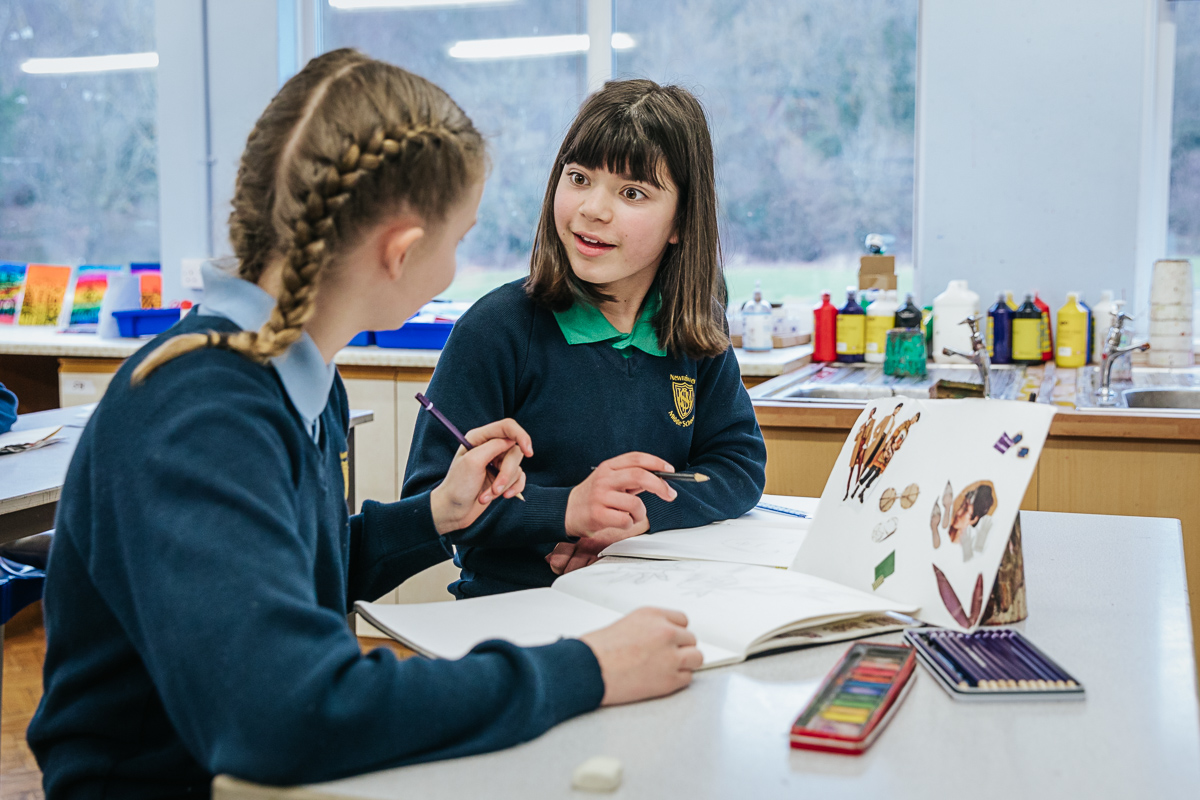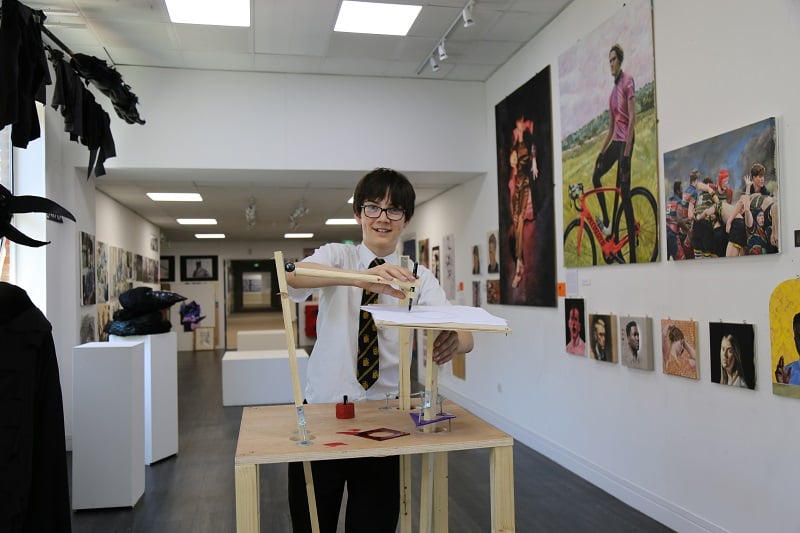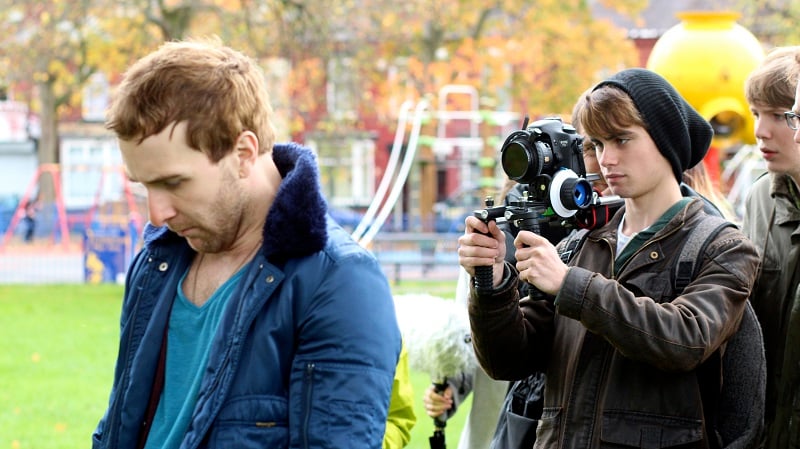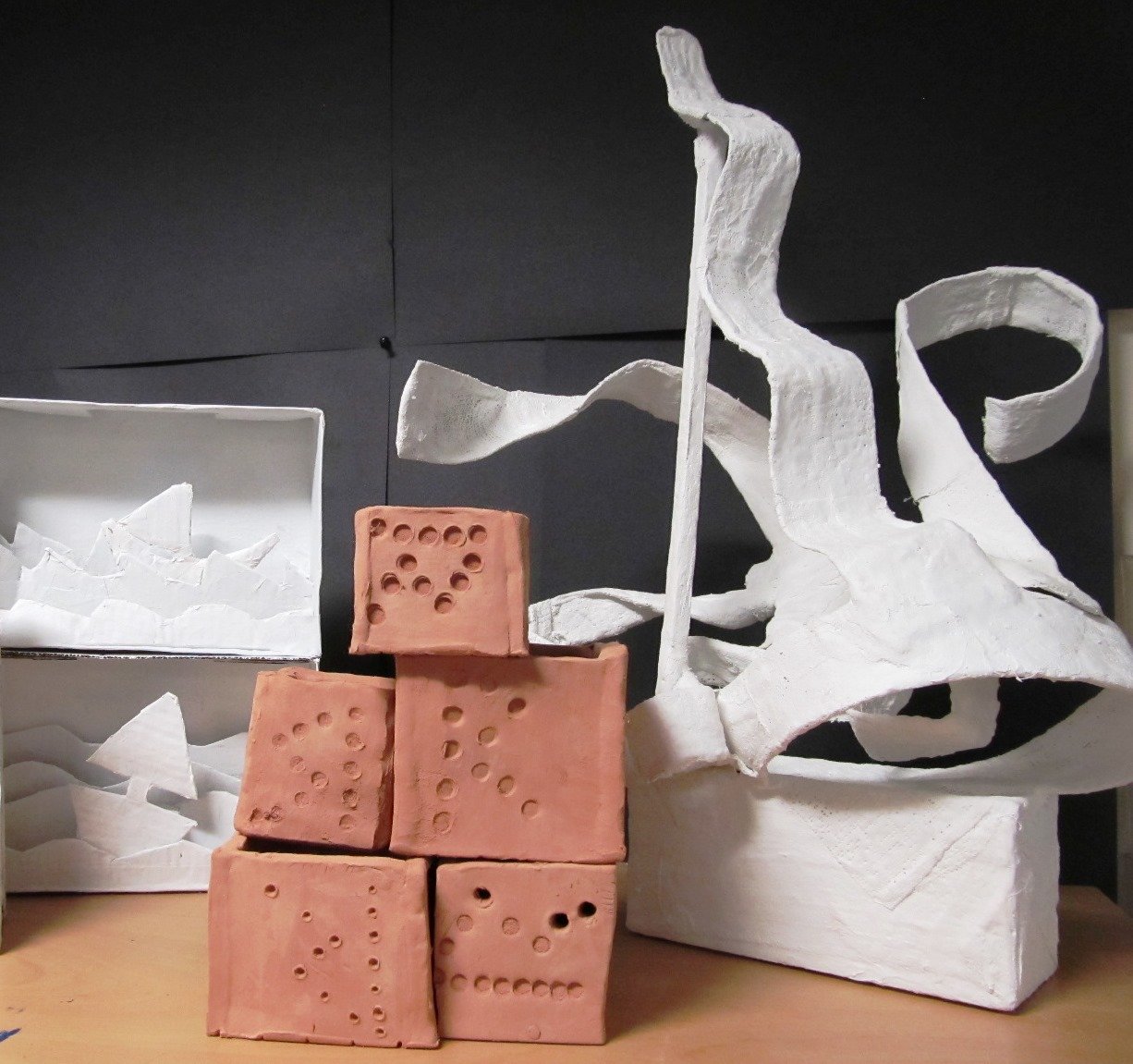
Arts Award and Curriculum for Excellence Scotland
BY: Nicola King
17 Nov 2022
If you’re based in Scotland, or partner with organisations who support young people in Scotland, you’ll be aware of Curriculum for Excellence and you’ll be likely to be keen to map your arts education offer to the framework. In order to assist you with this we have created a new resource, available to download for free from our adviser hub, which explores the links between Arts Award and Curriculum for Excellence Scotland
In this new resource we look at how Arts Award can support the Principles and Practice of the Expressive Arts area of Curriculum for Excellence. Arts Award can support the Expressive Arts framework to provide ‘children and young people with opportunities to be creative and imaginative, to experience inspiration and enjoyment and to develop skills’ in art and design, dance, drama, and music. Through Arts Award, young people broaden their creativity, communication, evaluation, and leadership skills. Self-reflection, identifying strengths and weaknesses, and planning how to improve is at the heart of Arts Award.
Young people are encouraged to explore the work of other artists and arts organisations, and to review arts events, allowing them to develop an understanding and appreciation of contemporary and historical arts within their own communities, within Scotland and beyond. Arts Award can also provide a model through which to offer children and young people opportunities to become aware of the role of professional arts companies and cultural organisations in society and the economy.
Arts Award can also support evidence of progress of learners’ abilities and skills in communicating in different ways and settings, solving problems creatively, and justifying their opinions of their own and others’ work. This can be particularly evidenced at Silver and Gold levels, where young people explore their leadership skills. Through delivering an arts leadership project, young people develop skills such as planning and review, critical thinking and problem solving, as well as managing time and meeting deadlines. Young people are also asked to connect with professional artists and organisations, and learn more about careers in the arts, as well as education pathways and opportunities in the arts in Scotland.
The learning and experience young people develop through participation in Arts Award encourages the development of knowledge, skills and values that can help to develop lifelong appreciation of, and participation in, expressive arts and cultural activities.
We also look at how you can link Arts Award to the Experiences and Outcomes of Curriculum for Excellence, for example:
- Discover
‘Through taking part in a variety of events and activities, I am learning to recognise my own skills and abilities as well as those of others’ Health & Wellbeing
- Explore
‘When I engage with others, I know when and how to listen, when to talk, how much to say, when to ask questions and how to respond with respect’ Literacy
- Bronze
‘I have experienced the energy and excitement of being part of an audience for other people’s presentations/performances’ Expressive Arts
- Silver
‘Based on my interest, skills, strengths and preferences, I am supported to make suitable, realistic and informed choices, set manageable goals and plan for my further transitions’ Health & Wellbeing
- Gold
‘I can communicate in a clear, expressive manner when engaging with others within and beyond my place of learning, and can independently select and organise appropriate resources as required’ Literacy
Also included are examples of how Arts Award’s assessment criteria link to Curriculum for Excellence Expressive Arts guidance and the development of the Four Capacities, for example:
Develop knowledge and skills related to the different arts:
- Discover how a range of art forms connect with their own lives (Discover)
- Learn about the arts through practical experience and interaction (Explore)
- Learn about the arts through experience of straightforward practical activities, using support given by others (Bronze)
- Identify evidence of achievement and ways to improve their knowledge and understanding of the art form in relation to aims agreed with the adviser (Silver)
- Take more responsibility for their learning within the art form through engaging with complex practical activities, seeking and actively using feedback and support, and adapting approaches to meet new demands (Gold)
Work co-operatively and communicate with others:
- Share their experiences with others about what they enjoyed and learned (Discover)
- Identify what they have achieved and enjoyed and present their work to others (Explore)
- Reflect on their personal enjoyment and the quality of an event they have experienced and participate in a discussion about it (Bronze)
- Demonstrate how to co-operate and work well with others and how to communicate in different situations (Silver)
- Clear and effective communication with participants and others involved in the project (Gold)
The resource also covers how Arts Award qualifications included on the RQF framework and regulated by Ofqual, maps to the SCQF.
‘Teachers welcome Arts Award because it can be delivered within the curriculum or in extra-curricular activities to keep a wide variety of arts subjects alive.’ Arts Award adviser in Scotland
We hope that you find this resource helpful, if you have any questions about Arts Award or Arts Award delivery in Scotland please get in touch with us on artsaward.enquiries@trinitycollege.com. To learn more about Arts Award delivery in Scotland take a look at these case studies.
Related posts
BY: Guest Writer
BY: Annabel Thomas





Comments & Replies